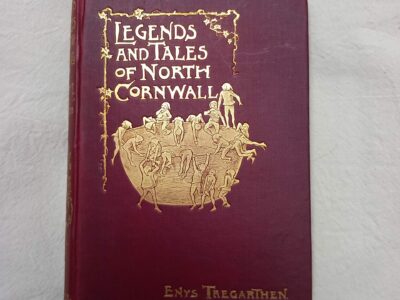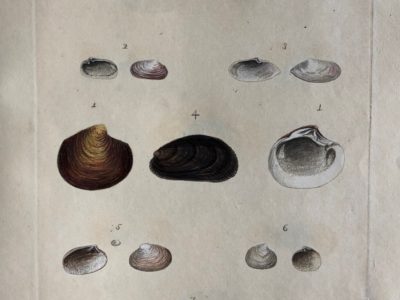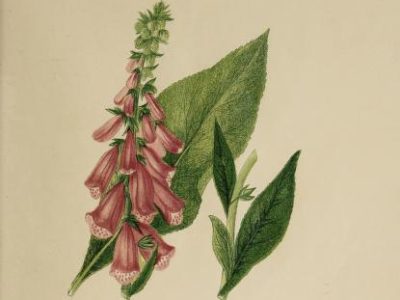University of Exeter – students and staff
We offer a limited number of sponsored memberships for current staff and students of the University of Exeter

The University of Exeter and the Devon and Exeter Institution have a close working relationship. The Institution is a small independent library and educational charity and not part of the University but we enjoy a long-standing and positive partnership. Search our collections and contact our library team here.
Undergraduate and postgraduate students, (both full time and part time), and currently serving academic staff are able to access the Institution for research and teaching and join us as volunteers, interns and through special projects and taught modules. University members do not have AGM voting rights and are not able to borrow books.
In order to access the DEI students and staff must register here: http://devonandexeterinstitution.org/membership/join-or-renew-here/
Our joining fee should be added if you are joining as a new Individual, Joint or University member. Young, Junior, Lower Income and Temporary Memberships do not need to include the joining fee. This is a one off fee or applicable if membership lapses for over one month.
On your first visit to the Institution please ring the bell and announce that you are new University user. You will need to provide University identification to the office to validate your application and agree and sign our library code of conduct.
We ask that all members sign in and out on every visit. Please add ‘UofE’ after your name.
On your first visit to the library, please introduce yourself to a member of the staff team who will advise you on accessing the collection and the types of material available. The Librarian’s desk is situated in the Inner Library.
We request that research desks are booked in advance to ensure there is enough space for all members. If you would like to view collection items, please follow the instructions here: Make an appointment – The Devon and Exeter Institution
“The Institution is, to me, an essential learning and studying space that I have been honoured to use since I joined the university. To be able to enter a space filled with beautiful heritage that is calm, quiet and completely free from the distractions of the university campus is a huge privilege. I will never forget the times spent with my fellow students on dark cold evenings in December, where working on essays in such an incredible building becomes a joy rather than a chore.” English Literature Student, Second Year

“I Will Never Consent” – Enys Tregarthen’s Powerful Padstow Mermaid
Mermaids are woven throughout South-Western folklore, but are rarely considered as "hidden histories" of marginalised figures. In this Book of the Month blog one of our volunteers, Becky Rae, explores Enys Tregarthen's fascinating forgotten tale, "The Legend of Padstow Doombar."

An intricate and arduous undertaking: George Montagu (1753-1815) and his collection of shells
Beautiful, intricate and varied, shells have adorned our clothes, our homes and our objects of art for centuries. From the end of the 17th century, natural scientists began to collect, organise, observe and draw them in earnest. George Montagu’s Testacea Britannica (1803) is one of the most important works of natural history to come out of the Age of Enlightenment – and it has a special significance for Exeter.

Why we shouldn’t judge a book by its cover
In this week's guest blog, Beth Howell reveals the fascinating contents of an unassuming volume of poisonous and noxious plants.
